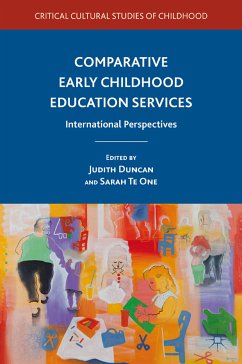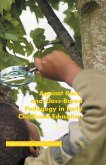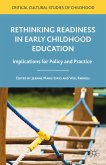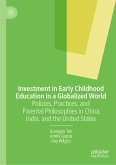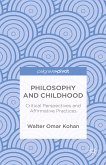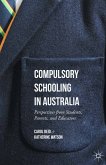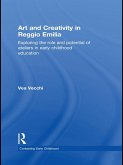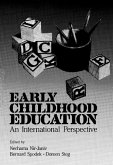Dieser Download kann aus rechtlichen Gründen nur mit Rechnungsadresse in A, B, BG, CY, CZ, D, DK, EW, E, FIN, F, GR, HR, H, IRL, I, LT, L, LR, M, NL, PL, P, R, S, SLO, SK ausgeliefert werden.
"Te One and Duncan's pedigree in kindergarten teaching, political advocacy, community development, research, and early childhood teacher education provides an impeccable background for inspiring a similar group of activist writers to question, challenge, critique, and trouble our beliefs, our policies, and our practices that currently form the pedagogies of early childhood education centres (ECEC) in the early twenty-first century. During the twentieth century early childhood education moved beyond its radical experiments into the mainstream of education provision by the state. But there aresome troubling aspects of this shift. Te One and Duncan, editors of this volume, provide a case for a radical re-conceptualizing and rethinking of the place and role of ECEC in our society." - Helen May, professor, College of Education, University of Otago

